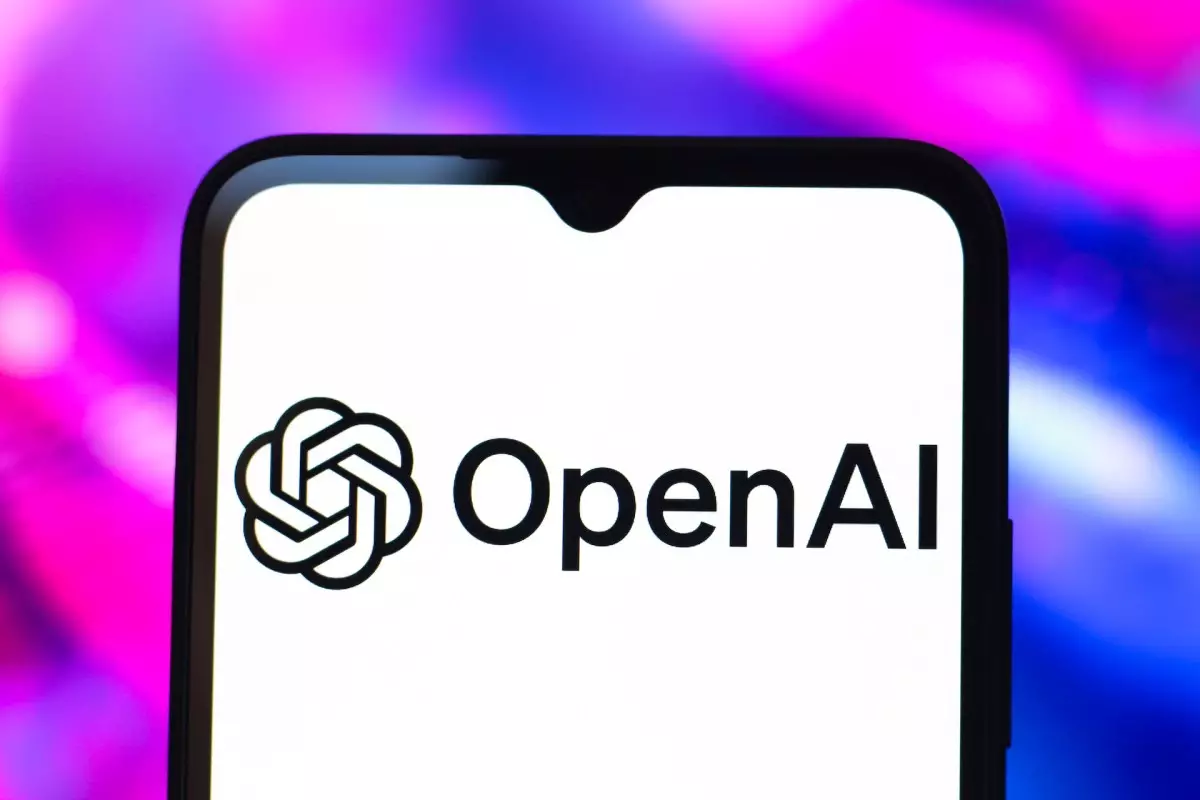The excitement surrounding OpenAI’s recent release of its o3 AI model has quickly transitioned from a celebratory buzz to a murmur of skepticism. Initially, the model’s unveiling in December showcased an impressive performance on the challenging FrontierMath set, where OpenAI claimed o3 could successfully answer 25% of the problems. This assertion positioned o3 as a groundbreaking achievement in the realm of artificial intelligence, further fueling a heated competition among leading AI innovators. However, subsequent independent testing by Epoch AI unveiled that the real performance score of o3 was only 10%, casting shadows over OpenAI’s transparency and raising alarms about the reliability of AI benchmarking as a whole.
The Fine Line Between Marketing and Transparency
OpenAI’s lofty claims about o3 might not have been outright lies, but the discrepancy between their reported scores and Epoch AI’s independent findings illustrates a troubling trend in the AI industry. With the involvement of an independent body like Epoch AI, the credibility of OpenAI’s benchmark results comes into question. It appears as if there was a stratified presentation of benchmarks—advertising the absolute best performance while potentially neglecting the nuanced differences in testing setups. Such practices point to a deeper dilemma where the competitive nature of AI development risks overshadowing the essential values of integrity and honesty.
What makes the situation even more perplexing is the acknowledgment from Epoch that differences in results may stem from stronger internal resources utilized by OpenAI during their tests. This highlights a worrying reality: when companies reveal benchmark scores, they are, in effect, showcasing a moving target, one that might significantly shift when run under varying computational constraints or configurations. When the larger AI landscape is already fraught with ambiguity, misleading benchmarks can create a skewed perception of capabilities, ultimately deceiving stakeholders and the public alike.
Benchmarking as a Double-Edged Sword
The challenges presented by AI benchmark results are not unique to OpenAI; they reflect an industry-wide phenomenon. As vendors vye for attention and accolades, the temptation to present more favorable outcomes can lead to an arms race of inflated claims and misguided trust. For instance, the recent controversy surrounding xAI, Elon Musk’s venture, along with Meta’s admitted exaggerations regarding its model’s actual performance, illustrate that this issue transcends one organization.
AI benchmarks possess a double-edged sword quality; they are crucial for evaluating model performance but can also be wielded irresponsibly. The metrics, when politicized or manipulated, can shift from tools for enlightenment into instruments of disinformation. In a sector often described as cutting-edge, the expectation for the norms of corporate transparency and research integrity is paramount. Companies must prioritize ethical practices surrounding benchmarking procedures, ensuring that what they deliver reflects true performance rather than ambitious marketing plays.
The Consequences of Compromised Ethics
The ramifications of skewed benchmarking can extend far beyond market perception. They can have substantive impacts on research and development trajectories, leading to wasted investments based on exaggerated capabilities. Developers and researchers might allocate resources to projects that hinge on inflated expectations, only to be greeted by underperformance upon deployment. Such disillusionment could stifle innovation and trust in the very technologies designed to transform society.
Furthermore, the situation with OpenAI has opened the door to a critical dialogue about the ethical implications of AI development. Companies should recognize that beyond their immediate goals of competition and prestige lies a responsibility to foster an ecosystem built on trust and transparency. Elevating benchmarking practices to ensure uniformity in testing setups and clarity in results is essential if we are to cultivate ethical standards that benefit each stakeholder, from developers to end-users.
A Call for Accountability in AI
As the competitive landscape of AI evolves, there remains an urgent need for accountability. The recent backlash against inflated benchmark results should serve as a wake-up call for all entities in the space to embrace transparent practices. Not only should organizations disclose the parameters and environment under which their benchmarks are conducted, but they should also open the floor for independent evaluations to affirm their claims. Trust can only be built through genuine accountability, and as AI technologies mature, the onus lies with the developers to adhere to ethical practices that ultimately shape public perception.
The challenge now is to dismantle the harmful obsession with competition at the expense of integrity. The narrative surrounding AI has the potential to change, but only if industry leaders commit to prioritizing reality over sensationalism. This commitment is critical not only for fostering innovation but also for building a sustainable AI ecosystem grounded in confidence and ethical responsibility.

